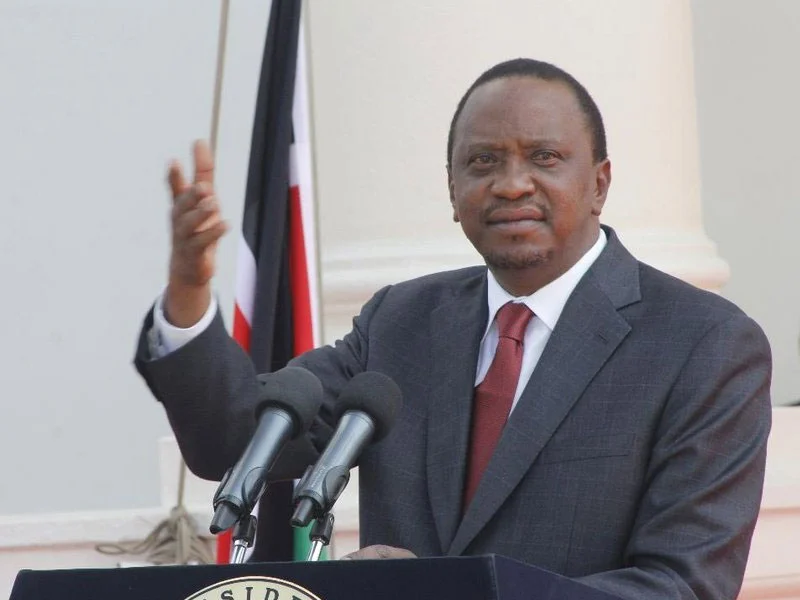In a majority judgment, Kenya’s Supreme Court upheld lower court decisions that former President Uhuru Kenyatta unlawfully pushed through constitutional changes under a clause reserved for ordinary citizens, not elected leaders.
“He cannot run with the hare and hunt with the hounds,” Justice William Ouko remarked during the ruling.
The Building Bridges Initiative (BBI)
The amendments, known as the Building Bridges Initiative (BBI), had earlier been struck down by both the High Court and the Court of Appeal. Despite this, the government lodged an appeal before the Supreme Court, which has now confirmed the earlier rulings.
Political Clash
The BBI became a central political battle. William Ruto, then a presidential candidate, argued the reforms would have created an all-powerful presidency, while Kenyatta defended the proposal as a means of ethnic power-sharing.
If passed, the amendments would have created 70 new parliamentary constituencies and introduced powerful new positions, including a prime minister, two deputies, and an official leader of the opposition.
Critics and Concerns
Critics warned the reforms could have allowed Kenyatta—barred from running for president again in the August 9 election—to extend his political influence by taking the prime ministerial post.
Kenyatta, however, backed opposition leader Raila Odinga, who supported the BBI, while Ruto faced a tough battle in the election.






